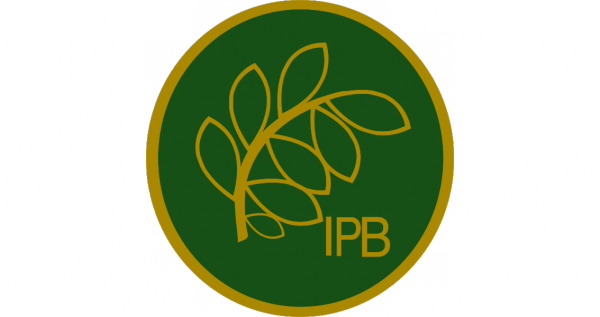“For a peacemaking bloc, this is a highly militarized one”
The IPB finds the award of the 2012 Nobel Peace Prize to the European Union surprising in that it awards a prize not to a head of state but to an entire bloc of states, thus making it difficult to identify the real recipient. Is the EU really a ‘champion of peace’, as Nobel conceived it? Or is it a club of states with many contradictory impulses and interests?
The arguments given by the Norwegian Nobel Committee are not entirely false. The EU has played the historical role that it describes. All forms of cooperation contain some elements of peacefulness, and there is indeed a strong case for regional approaches to peacemaking between states and peoples, and in this the EU has been a pioneer. But what is worrying are the many aspects the Committee leaves out, making it a highly selective accolade.
Warmaking: The EU – sometimes collectively and sometimes separately – has been involved in several of the bloodiest conflicts of our time: Iraq, Afghanistan, Kosovo, Libya. Debate has raged for years as to whether the military path is the right one for overcoming dictatorships and oppression, and there is no doubt that opinion is divided both within the EU and within member states. But one cannot ignore the involvement of ‘Europe’ in these war-making activities.
Arms trading: The EU includes among its membership some of the world’s biggest arms trading nations: UK, France, Germany, Italy.
The collapse of the talks just this week between EADS and BAe – which would have formed the world’s largest arms company – underlines the sizeable role that Europe plays in weapons-distribution. For a peacemaking bloc, this is a highly militarized one.
Nuclear weapons: EU has two states with nuclear weapons: UK and France – and there no signs of serious disarmament either by them or in terms of pressure from their fellow members.
Military spending: The EU as a bloc spends each year over $250 billion – more than China and over a third of the massive US total.
Peace keeping: Compared with the UN, the EU’s peace keeping operations are minor, though they have been helpful in certain localised conflicts.
Education for peace: where is the EU’s commitment to peacemaking in schools and communities across the whole region? Will it use the Prize money to start a new fund for that purpose?
Democracy: While the EU claims democratic credentials, there is no mention here of the European Parliament. Yet so often it is the Parliament that stands up against the decisions made behind closed doors by the Council of Ministers and the Commission bureaucrats.
The victory over fascism: the transformations in Spain, Portugal, Greece (and indeed in Eastern Europe) were the fruit of people’s struggles, not an EU achievement, although the prospect of membership of the EU may have been one factor in convincing their ruling elites to see their future in a forward-looking democratic system rather than in the old repressive habits of fascism.
What is Europe? It can be argued that the OSCE has a much better claim to represent ALL the states of Europe, (and possibly a better candidate for Peace Prize) since it has 56 States from Europe, Central Asia and North America – compared to the EU’s 27 — a “Europe with the windows open” rather than the “Fortress Europe” image associated with the EU.
The Prize raises deeper questions too: is peacemaking the role of states or peoples ? and who will receive the Prize on behalf of the EU?
It is ironic that Norway, the Nobel Peace Prize’s host nation, refused (by referendum) membership in the EU in 1972 and again in 1994, despite a strong pro-EU campaign by the governing Labour Party. One may speculate that the Prize is a further attempt by the country’s old elite to draw Norway into Europe.
Once again, the money that goes with the Prize could have been put to much better use. There are hundreds of worthwhile grass roots organisations and individuals for whom the award of the Nobel Peace Prize would have made a huge difference. As it is, the work of the EU will continue on Monday morning much as usual.






